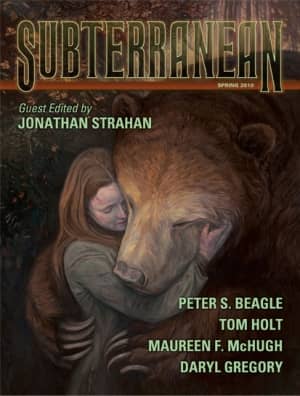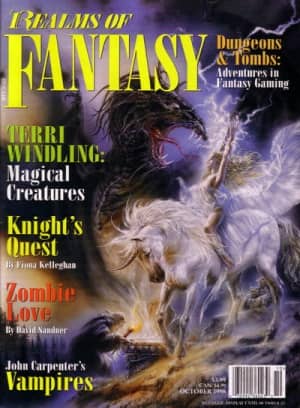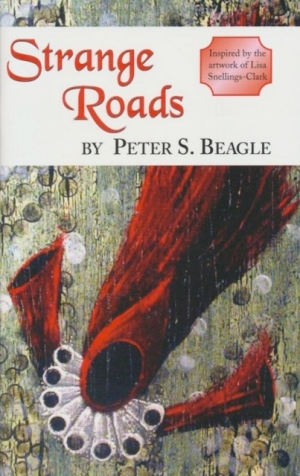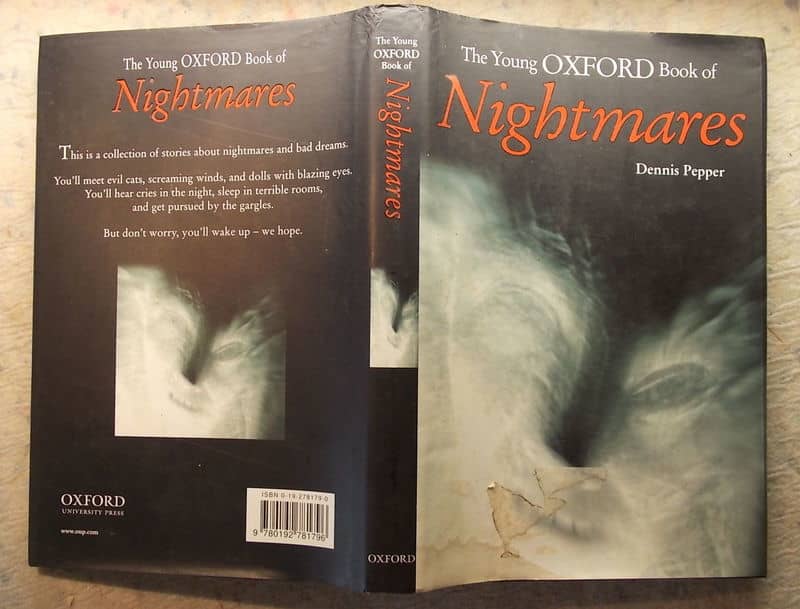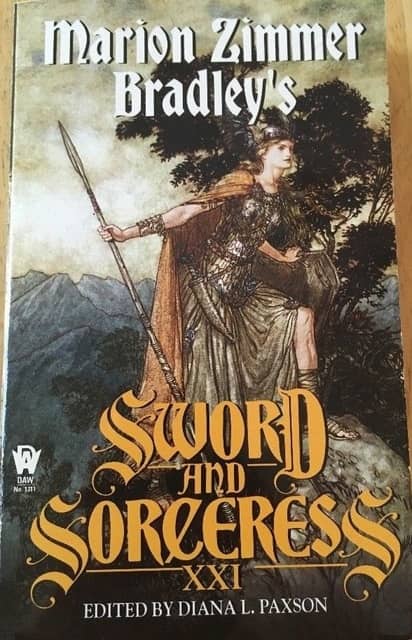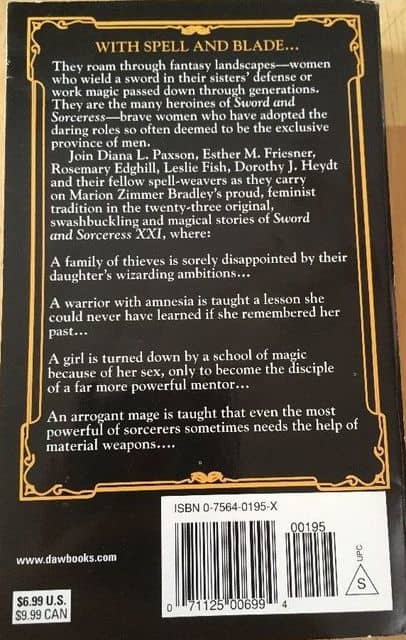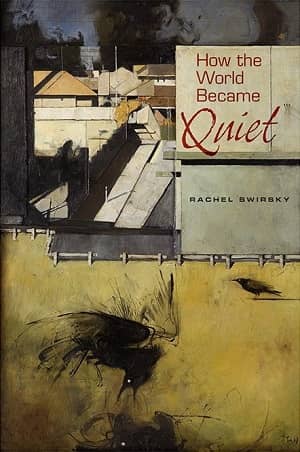Birthday Reviews: Avram Davidson’s “Author, Author”
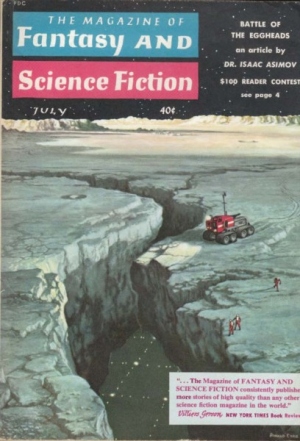
Avram Davidson was born on April 23, 1923 and died on May 8, 1993. He served as the editor of The Magazine of Fantasy and Science Fiction from the April 1962 issue until November 1964. During that time, the magazine was nominated for three Hugos, winning one.
Davidson also won a Hugo for his short story “Or All the Seas with Oysters.” He was nominated for ten Nebula Awards, one of which was posthumous. He received nine World Fantasy Nominations, and won for Best Collection for The Enquiries of Doctor Eszterhazy, for Best Short Fiction for “Naples,” and a Lifetime Achievement Award in 1986. He also received posthumous nominations for the Seiun Award and the British Science Fiction Association Award.
“Author, Author” was published in the July 1959 issue of The Magazine of Fantasy of Science Fiction under the editorship of Robert P. Mills. Davidson reprinted it in his 1962 collection Or All the Seas with Oysters and it was published in the British edition of Venture Science Fiction in October 1964. Robert Silverberg and Grania Davis included it in The Avram Davidson Treasury.
Rodney Stirrup was the mystery author who invented the cliché “The butler did it” according to Davidson’s “Author, Author.” Unfortunately, his writing has become trite and predictable, leading his publisher to decide to cancel Stirrup’s contracts. Dejected, Stirrup heads into the country where his car breaks down and he goes to a nearby large mansion for help. Stirrup’s discovery that the large group of men congregating in the house know him takes a rather different turn when he learns it is essentially a butler convention.
